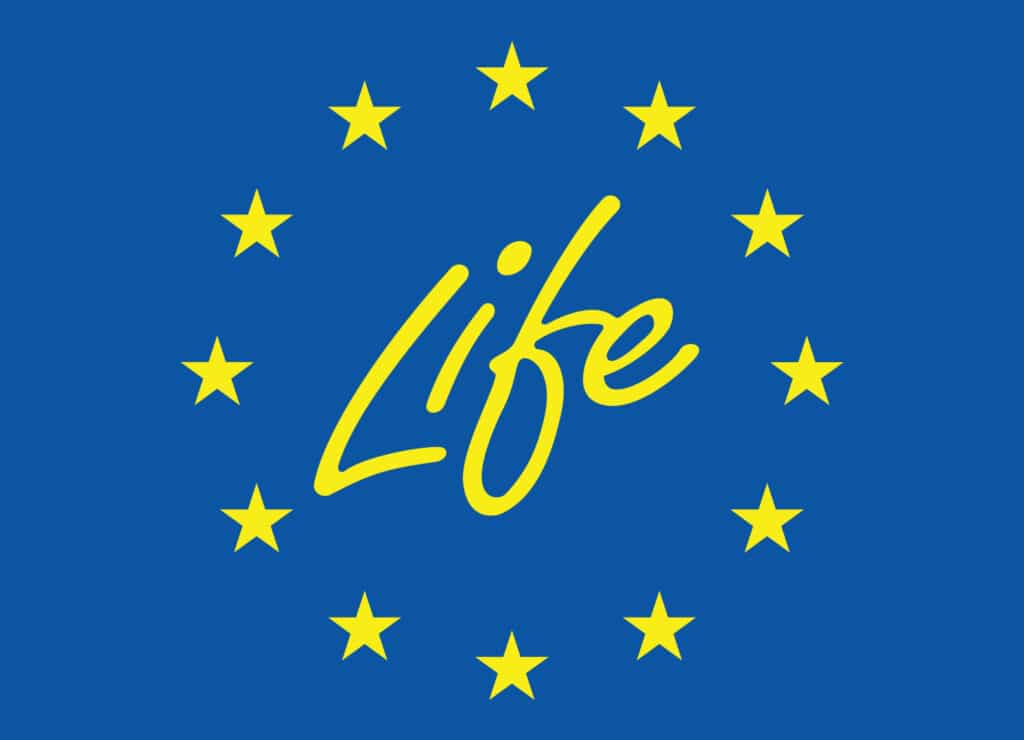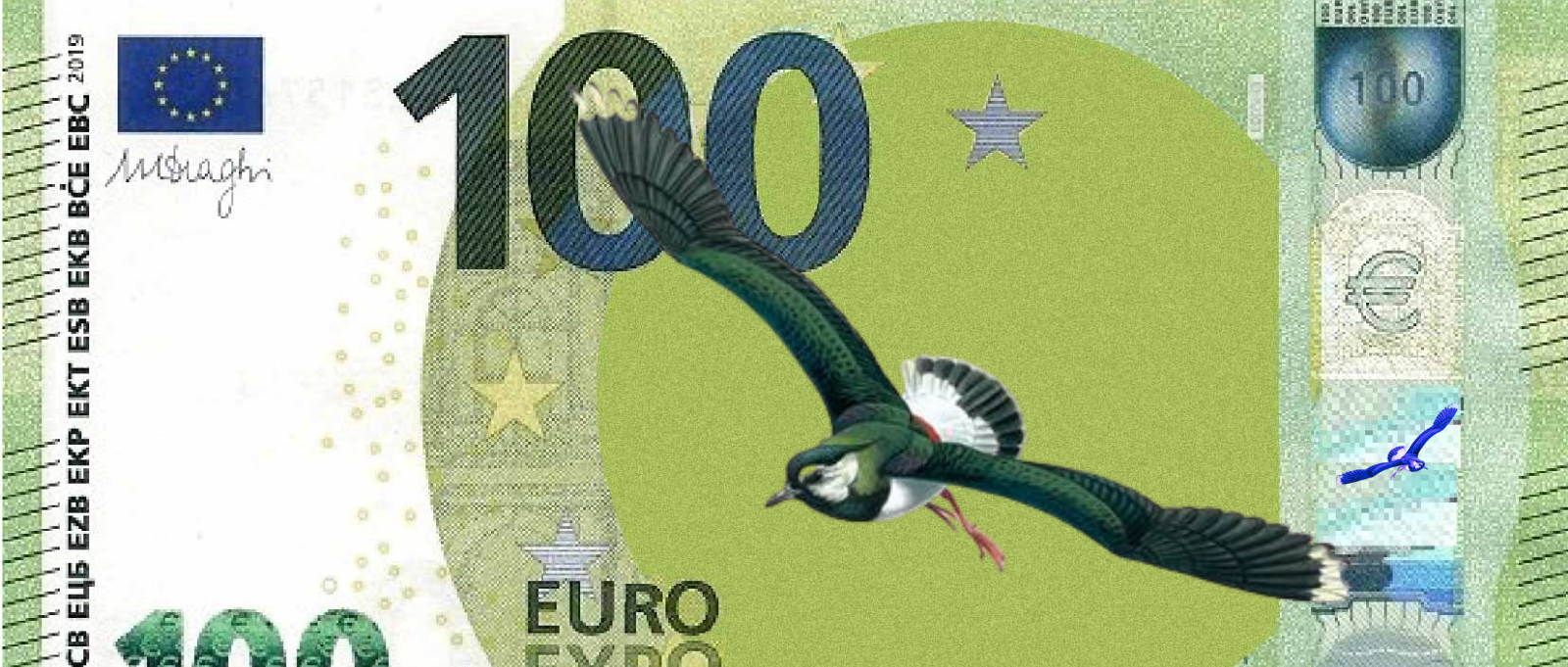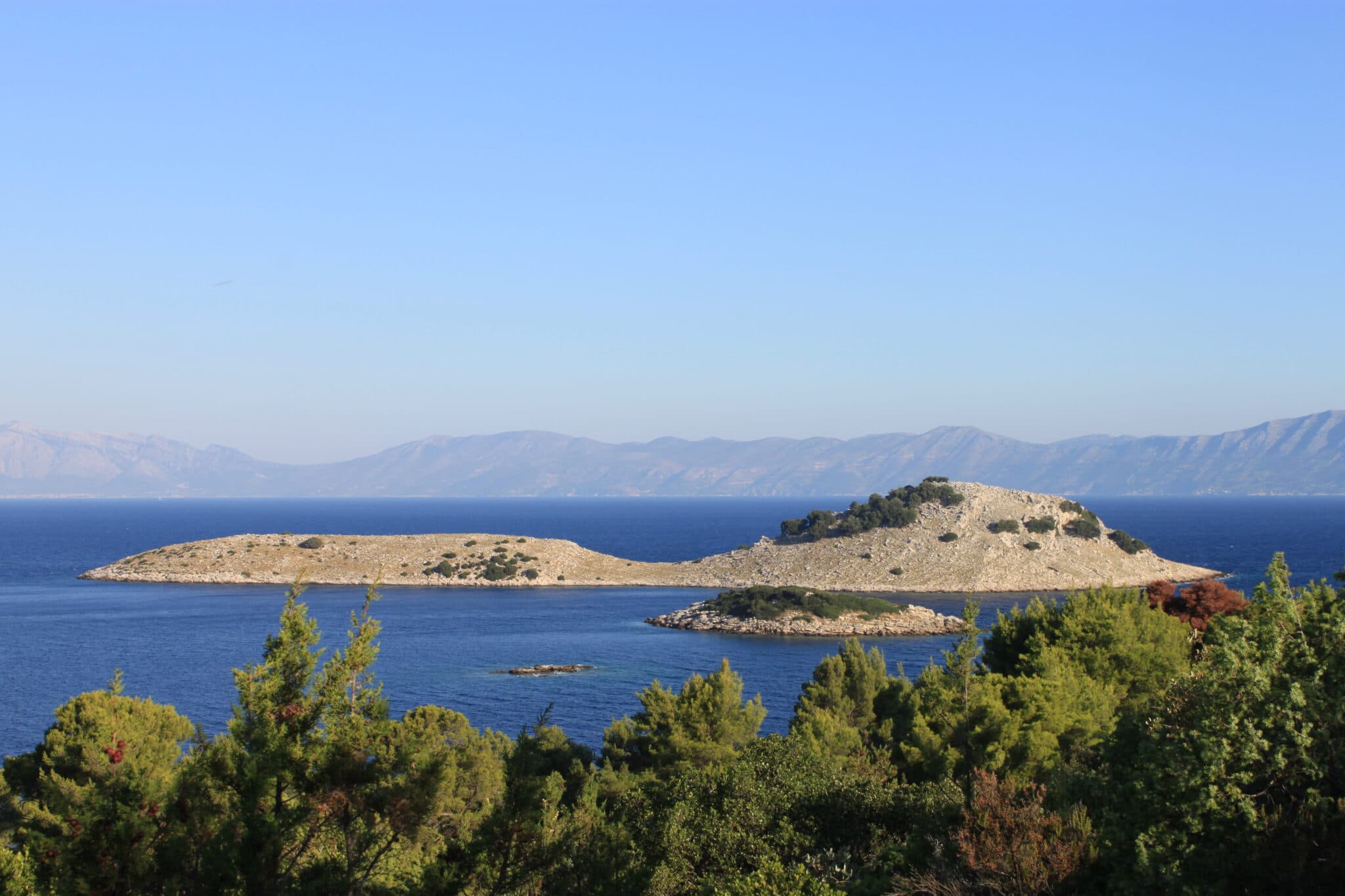EU Commission proposes putting teeth into the EU’s Environmental Crime Legislation

Everything you need to know about the European Commission's proposal for a revised Environmental Crime Directive.
By Dr Raphael Weyland, NABU
On the 15th of December, Commissioner Sinkevičius presented the proposal for a revised Environmental Crime Directive. BirdLife welcomes this effort by the EU Commission’s, as it is something our Partnership has been calling for for several years. Changes to the directive are crucial since, as of now, environmental crimes often remain unsentenced. The revision will review the original text more fundamentally. BirdLife will need to conduct a deeper assessment of the legal text before being able to thoroughly judge the proposal. At a very first glance, the positive aspects are the concrete nature of the new proposal and the fact that it presents 29 articles, compared to the 10 articles of the existing directive.
During the consultation process, BirdLife criticized the narrow scope of the current directive, as it had not been updated to cover more recent legislation such as the one on invasive alien species. We demanded to improve legal certainty by better definitions of offences. Most importantly, we urged the Commission to introduce minimum levels for sanctions, as we felt that fines had not always had a dissuasive effect. We also called on the Commission to foresee a provision to oblige Member States to have enforcement strategies and dedicated units in the corresponding authority bodies.
In the Commission’s proposal for a revised Environmental Crime Directive, we see that:
- The scope has been extended to cover, among other things, the illegal trade of timber, serious breaches of the EU’s chemicals legislation, and the introduction of invasive alien species.
- The intentional attempt to commit a criminal offence was added to the ways of carrying out environmental crimes, while the existing directive only includes inciting, and aiding and abetting.
- The list of penalties for individuals was defined in greater detail, also hinting at minimal fines for maximal terms and additional optional measures like the obligation to restore the environment.
- There is a provision to protect whistle-blowers, people who report environmental offences.
- There is a provision for Member States to allocate resources to address environmental offences (Art. 16), but at first glance it is not clear whether the wording provides for dedicated units. However, together with the provision on a national strategy (Art. 20), Member States could be forced to rethink their internal investigation system. The provision for Member States coordination is to be welcomed as well.
- Future data transmission and statistics on environmental crimes shall be harmonised through an implementing act procedure with a new to be established (comitology) committee.
- Member States shall only implement the provisions 18 months after the directive enters into force.
Although the directive does not include the concept of “ecocide”, overall, the proposal appears to be a good starting point to put teeth into the EU’s environmental crime legislation. What needs to be checked now is whether definitions are precise enough, the sanction level is adequate, and the provisions for Member State resourcing can be improved.
The proposal is now in the hands of the European Parliament and the Council. The final text will be adopted in trialogue, after the proposal is discussed at the committee and plenary levels for the Parliament, and in the working group and in the ministerial meeting for the Council. The whole process might last more than a year.
Image credits: Jace & Afsoon/Unsplash
You might also be interested in:
 | Stichting BirdLife Europe gratefully acknowledges financial support from the European Commission. All content and opinions expressed on these pages are solely those of Stichting BirdLife Europe. The European Commission is not responsible for any use that may be made of the information it contains. |









